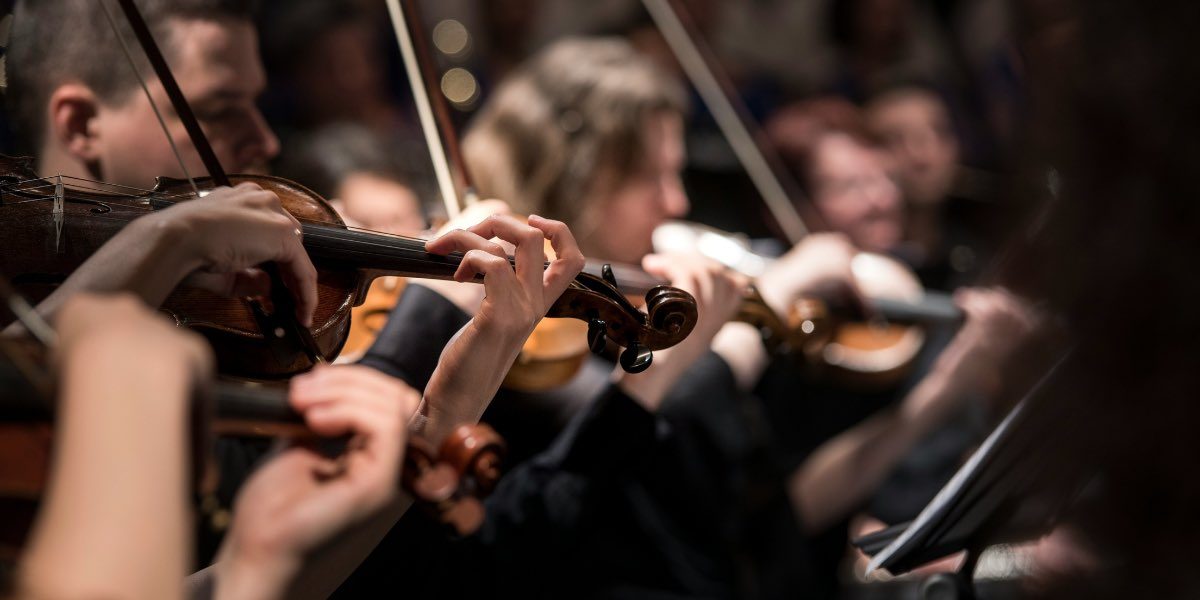South Korea’s presence in the international classical music scene has grown steadily over recent decades, marked by an increasing number of Korean musicians performing at major venues worldwide and gaining recognition in prestigious competitions. The country’s cultural investment and expanding network of music education institutions have contributed to a landscape where classical music is both highly valued and widely practiced. This evolution has led to South Korea playing a more visible role in shaping trends and perceptions within global classical music markets.
The development is evident in South Korean orchestras performing internationally, collaborating with foreign conductors, and participating in global festivals. In cities like Vienna or New York, South Korean musicians frequently appear as soloists, chamber performers, or orchestra members, signaling the country’s integration into established classical music circuits. Such participation not only introduces Korean talent to global audiences but also opens pathways for cultural exchange.
Read also: Why Country Music Isn’t as Popular as It Once Was
What Drives the Growth of Classical Music Talent in South Korea?
South Korea’s focus on rigorous music education forms a backbone for this growth. Institutions in Seoul, Busan, and other cities offer intensive training programs that attract both domestic and international students. These schools emphasize early and disciplined musical instruction, which has contributed to a generation of highly skilled performers. Some students train abroad at conservatories in Europe and the United States, returning with broadened perspectives that influence the domestic music scene.
Beyond formal education, cultural attitudes in South Korea place a strong emphasis on achievement and mastery, which can motivate musicians to pursue demanding careers in classical music. This cultural value intersects with government and private sector support for the arts, including sponsorship of music festivals and funding for orchestras. Such support helps sustain a vibrant classical music community and provides platforms for emerging artists.
How Are South Korean Composers and Musical Styles Contributing?
The influence extends beyond performance into composition, where South Korean composers are contributing works that merge Western classical traditions with elements drawn from Korean musical heritage. These compositions may incorporate traditional instruments, melodic patterns, or rhythms, creating hybrid works that resonate both locally and internationally.
Concert programs in cities like Seoul or Busan increasingly feature pieces by Korean composers alongside standard Western repertoire, reflecting an evolving identity within classical music. Internationally, these works are performed at festivals and recorded by orchestras seeking to diversify their offerings. This blending of cultural elements offers new textures and ideas that enrich the global classical music repertoire.
What Role Do Cultural Festivals and Events Play?
Classical music festivals held in South Korea serve as important venues for showcasing domestic talent and fostering connections with international artists. These events attract audiences from within the region and abroad, facilitating cross-cultural engagement. Locations known for hosting such festivals often highlight both traditional Western classical works and contemporary compositions, reflecting the dynamic nature of the country’s classical music environment.
Participation in international festivals and exchange programs also enables South Korean musicians and ensembles to gain exposure and experience, further linking the country to the global classical music community. These interactions create opportunities for collaboration and influence that can shift programming and audience tastes.
How Do Digital Platforms Affect South Korea’s Classical Music Reach?
The use of digital media has expanded the reach of South Korean classical music beyond physical concert halls. Streaming services and video-sharing platforms allow performances by Korean orchestras and soloists to reach global audiences. Educational content, such as masterclasses and interviews, are increasingly accessible online, providing insights into South Korean musical approaches and pedagogy.
This digital presence helps bridge geographic gaps and introduces Korean classical music to listeners who might not otherwise encounter it. Online communities and social media channels also facilitate dialogue between South Korean artists and international fans, fostering a broader appreciation of the country’s contributions.
What Challenges Accompany South Korea’s Growing Influence?
While South Korea’s rise in classical music markets is notable, it faces challenges common to countries expanding their cultural footprint. Navigating international perceptions about originality and authenticity can be complex, as South Korean musicians and composers work to balance respect for Western traditions with efforts to establish a distinct identity.
Competition within the global classical music field remains intense, with many countries investing heavily in education and promotion. Sustaining momentum requires ongoing support for arts infrastructure, as well as strategies to cultivate diverse audiences both domestically and abroad.
Language and cultural differences also pose obstacles for some South Korean musicians when engaging with international peers and institutions. Addressing these challenges involves not only individual adaptability but also institutional efforts to facilitate intercultural communication and collaboration.
Read also: How Nashville’s Music Industry Extends Beyond Country
How Might South Korea’s Classical Music Influence Evolve?
Looking ahead, the interplay of education, performance, composition, and technology will likely shape South Korea’s continuing role in global classical music markets. The country’s growing network of conservatories and music festivals provides fertile ground for nurturing future generations of musicians.
Increasing collaboration between South Korean and international artists could lead to innovative projects that further blend musical traditions. Expanding digital engagement offers opportunities to reach new audiences and enhance global visibility.
South Korea’s classical music scene may continue to reflect both a deep respect for tradition and a willingness to explore new directions, positioning it as an active participant in the evolving landscape of classical music worldwide.
South Korea’s expanding influence on global classical music markets emerges from a combination of educational rigor, cultural investment, and artistic innovation. Through performances, compositions, festivals, and digital outreach, the country continues to integrate into international classical music circles while developing its unique contributions. This nuanced growth reflects both opportunities and challenges in establishing a sustained presence within a competitive and tradition-rich field.







